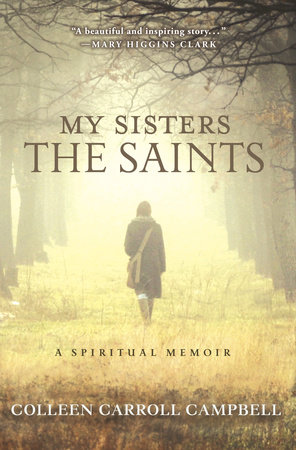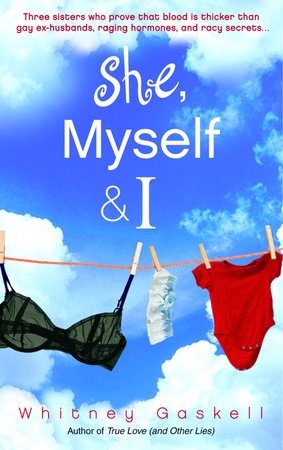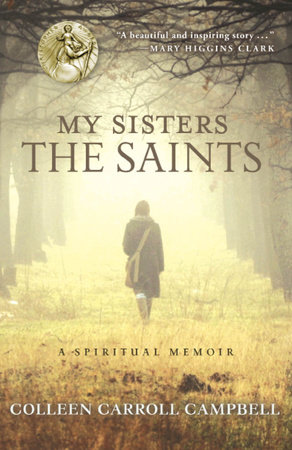

My Sisters the Saints
By Colleen Carroll Campbell
By Colleen Carroll Campbell
By Colleen Carroll Campbell
By Colleen Carroll Campbell
Category: Spiritual Nonfiction | Religion | Biography & Memoir
Category: Spiritual Nonfiction | Religion | Biography & Memoir

-
$18.00
Sep 23, 2014 | ISBN 9780770436513
-
Oct 30, 2012 | ISBN 9780770436506
YOU MAY ALSO LIKE
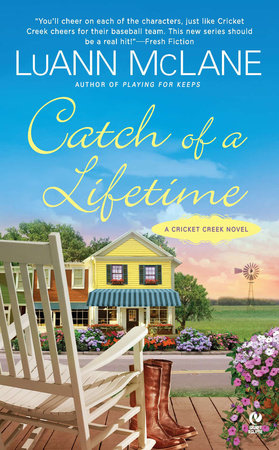
Catch of a Lifetime
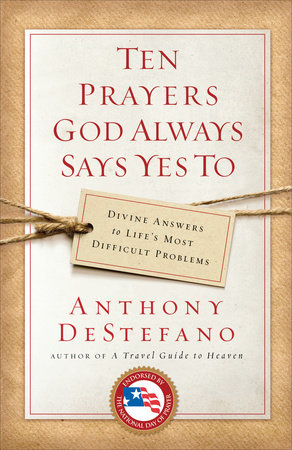
Ten Prayers God Always Says Yes To
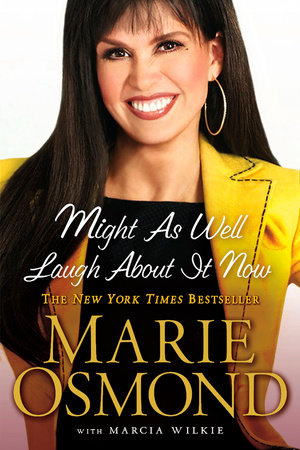
Might as Well Laugh About it Now
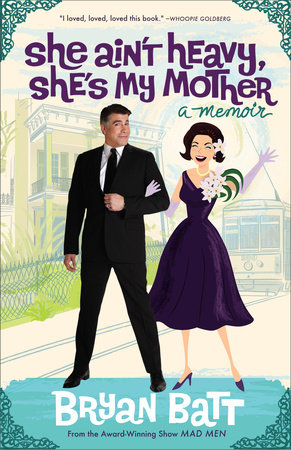
She Ain’t Heavy, She’s My Mother
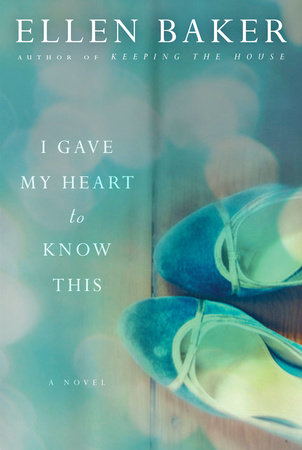
I Gave My Heart to Know This
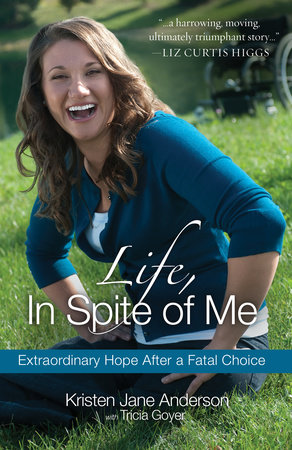
Life, In Spite of Me

Does This Make Me Look Fat?
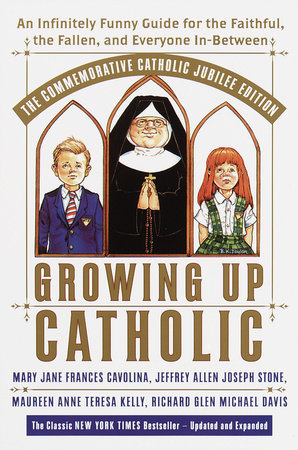
Growing Up Catholic: The Commemorative Catholic Jubilee Edition
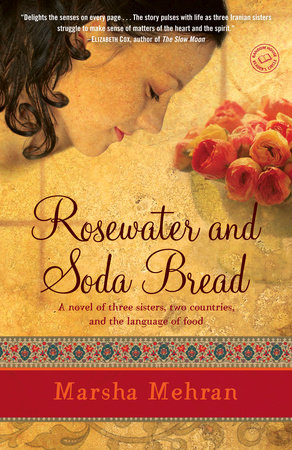
Rosewater and Soda Bread
Praise
“A beautiful and inspiring story of a woman’s deep faith and the saints who became her sisters along the path to her answered prayers.” – Mary Higgins Clark, worldwide bestselling novelist
“Colleen Carroll Campbell has encountered most of the challenges confronting young women today—balancing dating, courtship, and marriage with a successful career, caring for a parent with Alzheimer’s, dealing with infertility—but she hasn’t faced these challenges alone. In My Sisters the Saints, Campbell introduces us to the women who helped her along the way – women like Teresa of Avila, Therese of Lisieux, Edith Stein, and, of course, the Blessed Virgin Mary. Completely contemporary and totally timeless, My Sisters the Saints is an engaging spiritual memoir and the perfect guidebook for anyone who is looking for a companion to help her navigate life’s sometimes difficult and confusing journey.” – Cardinal Timothy Dolan, Archbishop of New York
“In this fascinating memoir, Colleen Carroll Campbell recounts her discovery of kinship with six great women saints at crucial junctures on her journey through life. My Sisters the Saints is the story of how a thoroughly modern woman drew inspiration and strength from her spiritual ‘sisters’ while struggling with the mysteries of life, love, illness, and death in today’s world. This lovely and highly readable book will touch many lives.”
- Mary Ann Glendon, former U.S. Ambassador to the Vatican, Harvard Law professor, and President of the Pontifical Academy of Social Sciences
“Fully alive, authentically feminine, making a serious contribution to culture—and faithfully Catholic? In the minds of many still, an unlikely combination, at best. In My Sisters the Saints, Colleen Carroll Campbell recounts her own life’s story and the poignant struggles she encounters in fulfilling her dreams as an author, journalist, cultural commentator and woman. Campbell’s stories will resonate in the heart of every woman challenged by today’s culture and blessed with even a scintilla of faith. You won’t put this book down until you have finished the last page. And as you read, you will hold your breath in hopefulness experiencing with Colleen the grippingly real decisions in this woman’s life—both big and small—the response to which ultimately define who one is as a person. … Thank you, Colleen, for the courage to tell your own story. It makes an important and unique contribution to the lives of women by giving flesh to the beauty, meaning, and the purposes of human life and human love lived open to the mystery of God.” – Mother Agnes Mary Donovan, S.V., Superior General, Sisters of Life
“Colleen Carroll Campbell is one of the finest writers on the American Catholic scene, and My Sisters the Saints shows her heart, her skill, and her keen intelligence at their best. This is a wonderful, engaging personal memoir and a great witness of faith.” – Charles J. Chaput, O.F.M. Cap., Archbishop of Philadelphia
“This book is a powerful description of the long struggle Colleen Carroll Campbell had to undergo to go back to peace, to give God the place that belongs to Him: the first. The lesson she learned is not to be forgotten: When in need, let us remember that we have brothers and sisters in heaven whose lives and sufferings teach the way to peace.” – Alice von Hildebrand, author of The Privilege of Being a Woman and The Soul of a Lion: The Life of Dietrich von Hildebrand
“Colleen Carroll Campbell is a genuine icon of the ‘new feminism’ called for by Blessed John Paul II. She has been on a long journey in search of the true meaning of women’s liberation and in My Sisters the Saints she tells the story of how six women mystics and her own personal trials and triumphs have helped her find that liberation at the foot of the cross. Refreshing, well written, down to earth, and a joy to read (I’d often find myself grinning as I read it), Colleen has given us a sincere gift: not only the gift of her intellect and skill as a writer, but, more importantly, she has opened her heart and given us the sincere gift of herself. Stop wondering whether you should read this book. You should!” – Christopher West, author of At The Heart of the Gospel and fellow at the Theology of the Body Institute
“In My Sisters the Saints, Colleen Carroll Campbell shows how in our attentiveness to the saints we learn not only about the Lord and the way of life he imparts, but also how we discern the most important truths about who we are and the purpose for which we have been created. My Sisters the Saints brilliantly illuminates how the Christian life cannot be understood as an abstraction, but shows its radiant form in our friendship with heavenly companions who meet us in the real events and concrete circumstances of our lives.” – Father Robert Barron, author and host, Catholicism and founder of Word on Fire Catholic Ministries
“In My Sisters the Saints, Colleen Carroll Campbell has liberated these great historical heroines from dusty altarpieces and stone effigies and has brought them into the new millennium. Through her literary portraits, they become sure-footed guides through the modern day spiritual minefield of the ‘hook-up’ culture, the difficulties of commitment and family, and the ever-present reality of suffering and loss. By the end, one finds oneself with six new girlfriends whose wit, common sense and faith transcend any age.” – Elizabeth Lev, art historian and author of The Tigress of Forli
“From her own life’s story, Colleen Carroll Campbell has depicted a spiritual journey marked by waiting for and letting go. She learns of motherhood, both spiritual and biological, from the holy women whose lives reflect her own journey back to her. Her personal story teaches a universal lesson: living free is different from being in control. This is a moving and beautiful book.” – Cardinal Francis George, O.M.I., Archbishop of Chicago
“The saints undo the world—for by their sheer existence, they tell us we may have gotten it wrong: all our conventions, all our agreements, all our correctnesses and easy thoughts no help when things come crashing in. In troubled times, Colleen Carroll Campbell found herself by reading the lives of the great women saints. And you might find your own self, reading Campbell’s My Sisters the Saints.” – Joseph Bottum, author of The Christmas Plains and former editor of First Things
“With this intimate memoir, Colleen Carroll Campbell gives a moving witness to the ‘cloud of witnesses’ celebrated in sacred scripture.” – Dawn Eden, author of My Peace I Give You and The Thrill of the Chaste
“This is an inspiring and insightful account of one young woman’s journey through the challenges of contemporary culture, the ups and downs of life, and her encounter with the wisdom of the saints. This is the story of a journey told with refreshing honesty and great insight that will benefit many.” – Ralph Martin, author of The Fulfillment of All Desire and president of Renewal Ministries
“St. Louis Post-Dispatch columnist Campbell (The New Faithful: Why Young Adults Are Embracing Christian Orthodoxy, 2002) relates a provocative life story centered on her experiences as a woman in the Catholic Church. Intertwined with the author’s tale is her autobiography as a reader, her experiences with books by and about various saints who have deeply influenced every aspect of her life. … Throughout the book, Campbell describes how various women saints helped her understand her situation and move ahead. … A charming and instructive communion with saintly sisters.” – Kirkus Reviews
21 Books You’ve Been Meaning to Read
Just for joining you’ll get personalized recommendations on your dashboard daily and features only for members.
Find Out More Join Now Sign In






